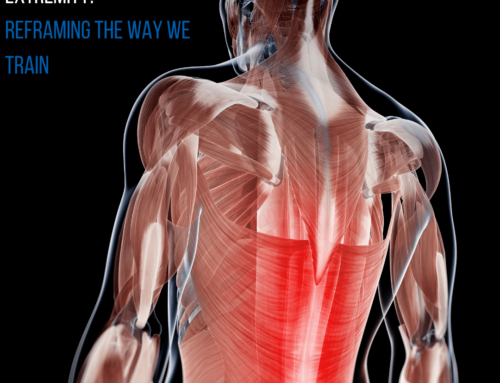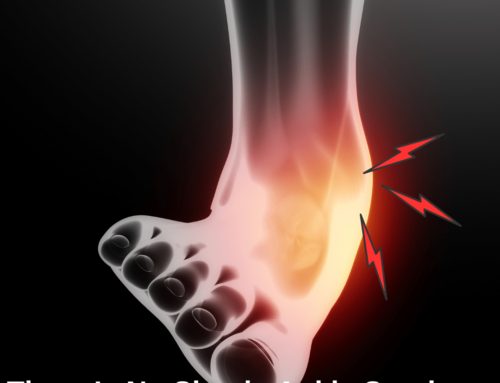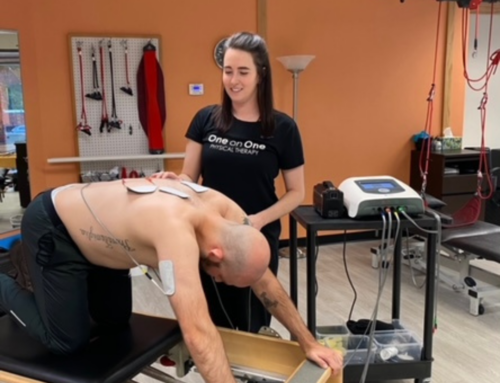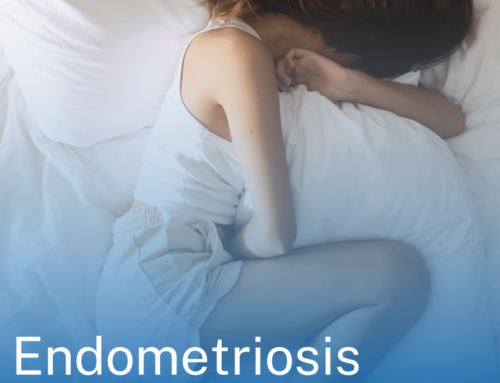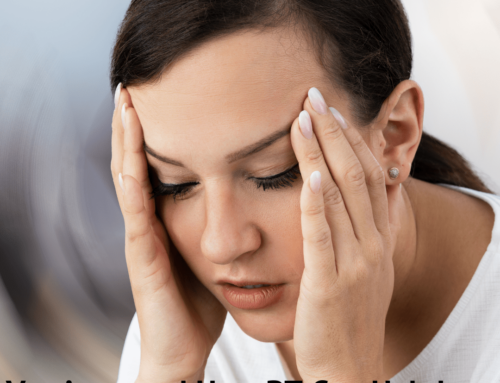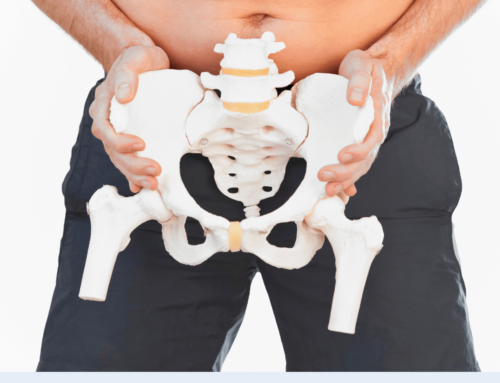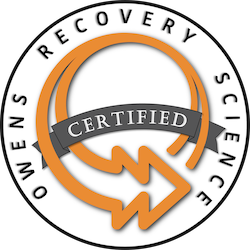The End of the Line // Colonic Constipation
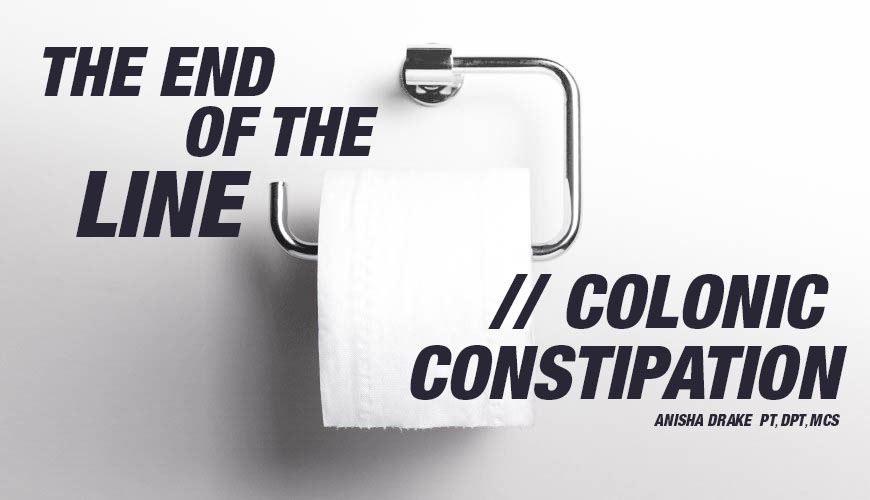
Constipation is common but rarely talked about. Many are surprised to hear that physical therapy can actually help with this frustrating condition. Before we talk about how PT can help, here are some quick and dirty facts about the end of the track. Constipation can be caused by medication, hormonal changes and even increased stress. People who are chronically constipated can start to experience depression. Continuous straining leads to hemorrhoids, possible prolapse and fissures.
Colonic Constipation is when digested food spends too much time in your colon. Once the digested food travels through your colon in ends up in the rectum. Digested food which cannot pass through the rectum is called Obstructive Constipation. What is the rectum? It’s not what you are thinking. The rectum is a storage space which sends signals to our brain of bowel urgency. As the rectum fills, the stretch receptors (innervated by Sacral Plexus) send signals the brain to allow for defecation. If we don’t go to the bathroom at that point, the rectum passes the stool back to the sigmoid colon and more water is taken out. The more times stool moves between the rectum and colon, the harder the stool is. Around the rectum is the puborectalis muscle, this muscle is what helps not have bowel movements when we don’t want to. It is in charge of the anorectal angle. The larger the angle the easier it is for stool to pass (hence the science behind the squatty potty), a closed angle would create a mechanical block. If we delay defecation, the external anal sphincter will contract and the rectum will facilitate peristalsis.
Physical therapy helps you be able to relax your pelvic floor at the appropriate time, as well as loosen the muscles on your abdomen which might be limiting the mobility of your colon.
Other helpful hints:
- Know your schedule: Not everyone goes everyday. Many people wrongly feel they are constipated because they only go once every couple of days.
- Make sure you are consuming enough fiber AND water.
- 30 minutes of non impact exercise is vital. Many doctors won’t prescribe medication unless you are moving regularly.
- Don’t rush on the toilet but don’t make it leisure hour either. The toilet is only good for one thing (maybe two).
- Talk to your doctor if you are constipated so they can rule out any other causes.
Dr. Anisha Drake is a Board Certified Women’s Health Specialist at One on One Physical Therapy. She treats pelvic pain, post-prostectomies, urinary/fecal incontinence, constipation/ IBS, pelvic congestion, Interstitial Cysitis, diastasis rectus abdominis and endometriosis as well as overactive bladder. Anisha received her Doctor of Physical Therapy from University of Saint Augustine in 2009.
